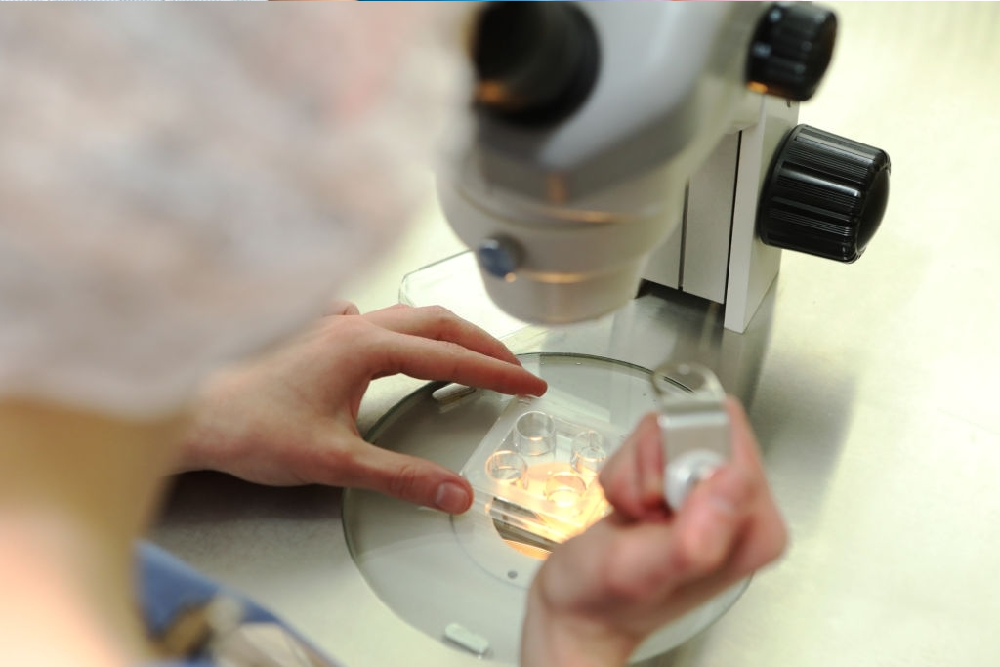
What, How and Why of Egg Freezing
Sharmila (name changed) is 26 years old. She was diagnosed with cancer a month back, and will be undergoing chemotherapy. Sharmila is positive that she will beat cancer. However, she was told that chemotherapy may affect her fertility, and that conceiving a child may be a challenge after the treatment is concluded. “I want to have children. Is there some way I can make sure my ovaries are not touched while undergoing chemotherapy?” she asked me.
While not much can be done about chemotherapy and potential side-effects, there is a way to preserve her ability to get pregnant at a future date. This is through the process of egg freezing (medically known as ‘oocyte freezing’).
Egg freezing is a safe and simple procedure. There is no major surgery or hospitalisation involved. In this process, hormonal injections are given from the second day of the woman’s period to boost ovarian egg formation. Once the eggs mature, they are removed by using a small needle, and then frozen. Around 8 to 10 eggs are frozen, and they can be kept frozen for even up to 10 years. When the woman chooses to conceive, the healthiest of her frozen eggs are combined with sperm from her male partner to create an embryo. The embryo is allowed to mature for a few days, and then transferred into the woman’s uterus.
Egg freezing is a blessing for women who are facing difficult choices with pregnancy planning due to medical conditions. These include illness (such as cancer or any other chronic condition) that require chemotherapy and/or radiation therapy, any form of surgery that may cause damage to the ovaries, risk of premature ovarian failure, or genetic predisposition towards early menopause.
In some cases, personal reasons may compel women to delay their first pregnancy. Some couples may wish to gain a means of steady, sufficient income before having a child. There are also aspirational women who choose to take on added work responsibilities to fast-track their promotion – leaving them with little time or energy to bear and raise a child.
In the case of medical reasons, the choice of egg freezing comes about as the illness and/or treatment may completely rob a woman of her fertility. When the decision arises from personal reasons, why choose this method? Why not just get pregnant at a later date?
The reason for this is our genetic predisposition as a community. Studies comparing Indian women and Western women have shown that, fertility wise, Indian women ‘age’ 6 years faster than the latter. Furthermore, by their mid-30s, the quality of Indian women’s eggs tend to age. Hectic lifestyles, hormonal changes, stress, pollution, and rise in obesity and diabetes contribute to a faster decline in fertility.
The decision to postpone pregnancy is entirely up to the woman / couple. We are fortunate that medical advances have given us the ability to make an informed choice to our benefit. Today, it is heartening to see that such decisions are being supported by families and society at large.